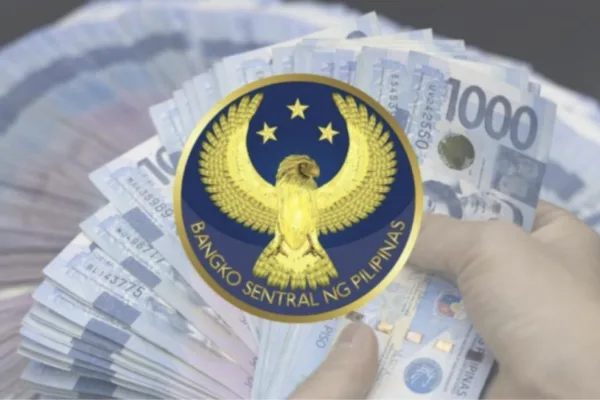The Philippine government, through the Bangko Sentral ng Pilipinas (BSP), plans to further integrate Islamic finance into its financial landscape, aiming to incorporate sukuk (Islamic bonds) into its 2025 financing mix.
This move follows the successful issuance of its inaugural sukuk in 2023, raising US$1 billion, and underscores the government’s commitment to developing the Islamic finance sector.

Fitch Ratings believes these initiatives will drive significant growth in the medium to long term, particularly given the government’s focus on improving financial inclusion for the country’s underbanked Muslim population, which constitutes around 6% of the total population.
An Asian Development Bank (ADB) study revealed that 70% of Filipino Muslims prefer Islamic financial services but are often compelled to utilize conventional, interest-based products due to limited access to Shari’ah-compliant options. This highlights a significant untapped market potential for Islamic banks.
Challenges in Islamic finance

The Philippines faces challenges such as low awareness and understanding of Islamic banking principles among the general population. Additionally, limited banking infrastructure in Muslim-majority regions poses an obstacle to wider adoption.
However, the government is actively addressing these challenges through various initiatives. Regulatory reforms, such as tax neutrality for Islamic banks and the easing of capital requirements, are expected to create a more level playing field for the sector and encourage further growth.
The BSP, the country’s central bank, has emphasized the Philippines’ burgeoning potential as an attractive investment destination for Islamic finance.
This is attributed to the country’s robust economic growth, strong drive for financial inclusion, and the government’s proactive efforts to establish a supportive regulatory framework for the sector.
In a significant step forward, the BSP issued its first Islamic banking unit (IBU) license to a rural bank in June 2023, followed by another license granted to a commercial bank in July 2024. The inauguration of these IBUs earlier this year marks a crucial milestone in the development of the Philippine Islamic banking sector, introducing two new players into the market.
According to the ADB report, the growth of the Islamic finance sector in the Philippines is driven by several key factors:
- Robust Economy: The country’s strong economic fundamentals provide a conducive environment for the growth of the financial sector, including Islamic finance.
- Financial Inclusion: The government’s focus on expanding financial access to underserved segments of the population, including the Muslim community, aligns with the principles of Islamic finance.
- Significant Market Demand: The report highlights the substantial financing needs of micro, small, and medium enterprises (MSMEs), a key segment that can benefit from Islamic financing solutions.
- Growing Interest: There is a growing interest among Filipino businesses and retail clients in Islamic financial services, driven by religious and ethical considerations.

Earlier this year, Maybank Philippines has successfully launched Islamic banking which is considered a breakthrough in Philippine finance. The launch makes Maybank Philippines the second Islamic banking unit (IBU) licensed by the BSP. The first IBU license was granted in June 2023 to CARD Bank, Inc., a microfinance-oriented rural bank.
Regulatory reforms needed
The report also emphasized the importance of regulatory reforms in fostering a level playing field for both Islamic and conventional banks. These reforms include tax regulations that ensure tax neutrality for transactions across both financial systems, thereby eliminating any potential competitive disadvantages for Islamic banks.
Furthermore, the establishment of the Islamic Finance Coordination Forum plays a crucial role in aligning government efforts and initiatives related to Islamic finance.
The Shari’ah Supervisory Board, responsible for overseeing Shari’ah compliance in all Islamic banking and financial activities, ensures the adherence of all operations to Islamic principles.
Looking ahead, the Philippines aims to further strengthen its position as a key player in the global Islamic finance market.
By leveraging its economic growth, promoting financial inclusion, and implementing a conducive regulatory environment, the country can unlock significant opportunities for the Islamic finance sector and contribute to the overall development of its financial system.








